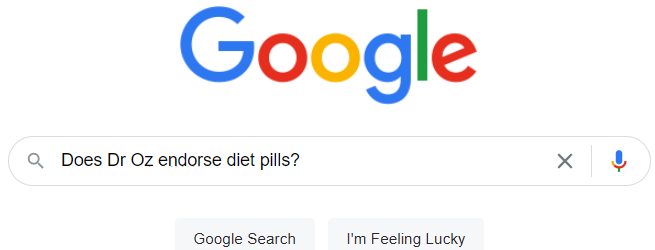We know that there is a lot of stuff that comes in your email inbox that is loaded with scams, and chances are if you haven’t been bitten by one, there’s a good chance that you will be, and it may take a couple of times of being scammed before you get a sense of what a scam looks like. Then there’s the other thing that rhymes with scam and that’s “spam,” which is junk emails, and spammy phone calls and text messages that have leaked over into the cell phone arena.
Telemarketers are able to sniff out your name, address, and phone number and can call you carrying on what appears to be a normal personal call from someone local (may also be using spoofing software which masks their caller ID with a local number) making is all so innocent until they get to the scam or sales pitch.
And if that’s not enough, they have artificial intelligence-equipped robot telemarketers which are pretty good at carrying on a conversation with you until they slip up with an off-the-wall reply. And you ask,
Aren’t there laws against scams?
Yes, there are, but they only apply to individuals and businesses who are physically located within the United States of America and its territories. There is no legal recourse against a scammer from outside the USA posing as a business located in the USA.
Why are there so many spam emails, texts, and calls?
The obvious answer is that it works. So, these conmen, psychopaths, and cybercriminals keep making up new scams to send to your email or call you about on your phone every day, and they will use names that you know and trust.
I don’t know how many times Dr. Oz and Oprah Winfrey have been contacted about products they have supposedly endorsed, that they know nothing about.
With so many people looking for work, right now, they are even posing as Fortune 500 companies looking for “legitimate” remote workers.
It Wasn’t Me!
Then, there is me. Since 2020, apparently, I have been contacting people offering 20-million-dollar grants for non-profit funding in exchange for a raft of personal information, a one-page description of how you will use the money to make the world a better place, and a $750 deposit, which will be refunded when they receive the $20 Million.
Sad to say, if you get that 20 million dollar offer from me, it is a scam using my name, photo, and Internet presence – NOT ME. They make the offer look credible because if you check it out online, it was based on an article I posted in 2016 (which has long since expired). The people who checked in with me prior to taking action on the scam came out ahead, while the others were out the $750 and probably were victims to identity theft.
All that to say,
Look before you leap.
If an offer appears to be too good to be true, check it out first, and the offer is connected to a recognizable company or celebrity, check it out first. Call the company or check with the celebrity. Of course, celebrities may be harder to get through, but chances are, if you do a quick Internet search for the celebrity and the offer, you will find clear evidence, or a blanket statement from the company or person cited as a sponsor or endorsement, that denies any connection to the offer.
A few minutes spent checking it out before you hit the buy now or send button, or prior to giving any information over the phone, will put you miles ahead of the scam. So, do that first.

